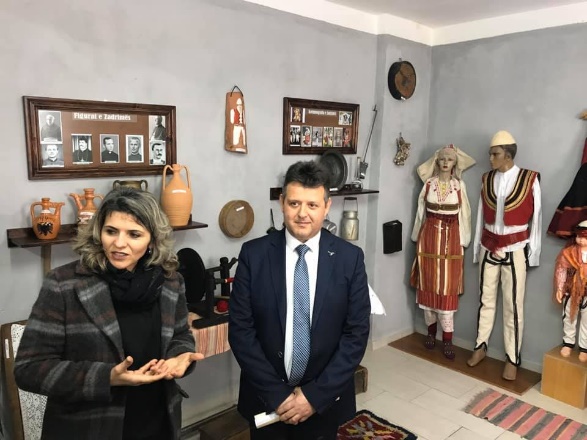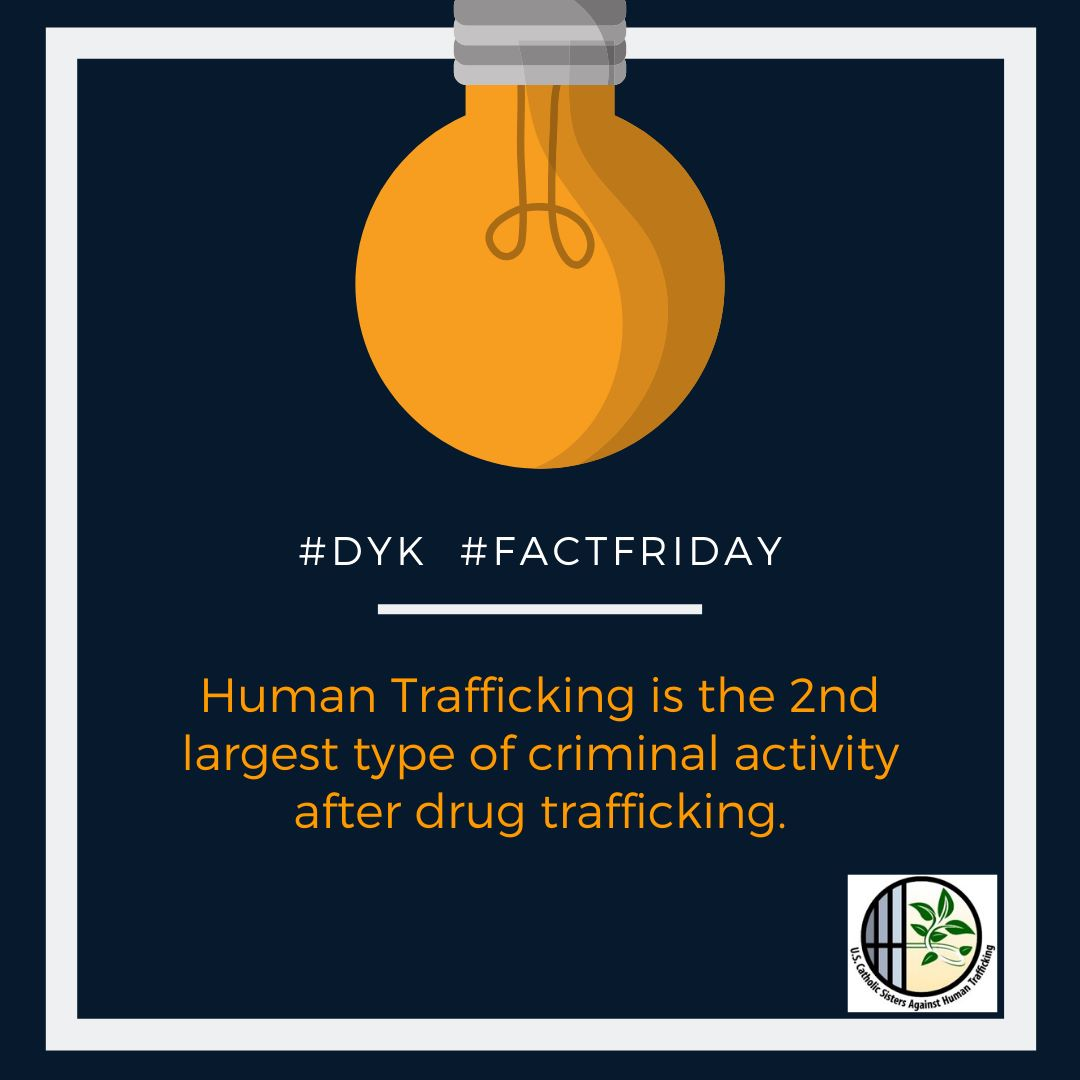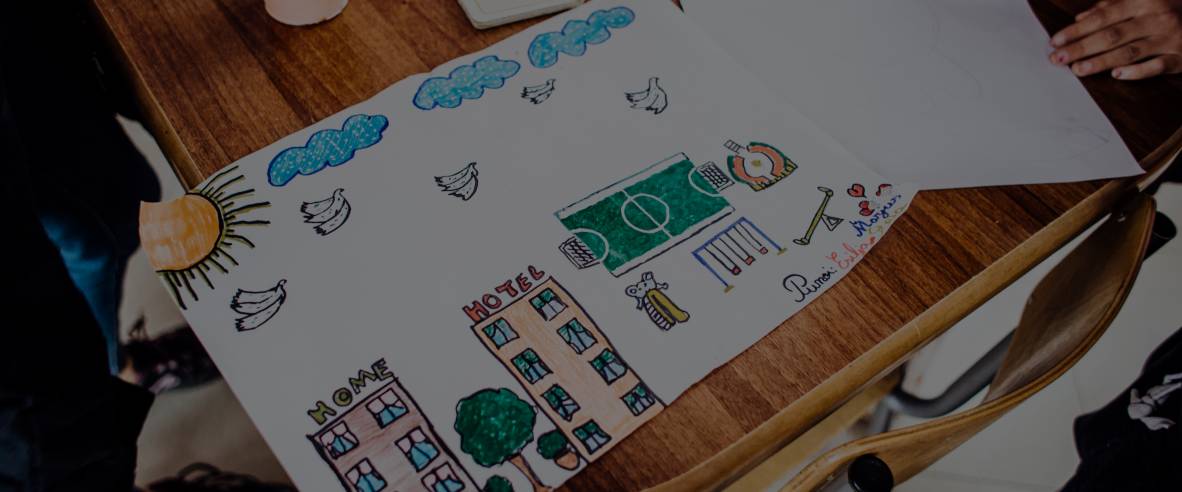The Secretary for Relations with States spoke on the occasion of the interdisciplinary days organized in Strasbourg on the theme “Building Europe together”, in the context of the 50th anniversary of the entry of the Holy See into the Council of the Europe.
Bishop Paul Richard Gallagher reflected on the theme “What vision of Europe today?” During his speech, held on January 7 at the Faculty of Theology in Strasbourg. He first recalled that this year 2020 marks the 70th anniversary of the European Convention on Human Rights, which was adopted by the Committee of Ministers of the Council of Europe on November 4, 1950, and “which constitutes a real cornerstone for the protection of people from any violation of human rights ”.
In continuation of the Universal Declaration of Human Rights, signed two years earlier, “this European Convention is at the origin of successive international and regional instruments which have each declined in particular aspects relating to human rights. This has forged over the years a certain European identity based on shared values that transcend cultural diversity, ” Mgr G. explained.
Protection of the human person, a priority in Europe
Today the main functions of the Council of Europe are precisely “linked to the protection of human rights, democracy and the rule of law. “This is a particularly precious work, with important ethical and social implications, (…) on which the development of our societies, their peaceful coexistence and their future depend,” explained Bishop G., taking up the terms of Pope Francis during of his speech to the Council of Europe, November 25, 2014.
However, not all countries have the same conception of Europe, and within each nation coexist very large differences in sensibilities. Sometimes Europe is the object of very strong criticism, some considering it like a “Being supranational and without heart“, underlined the British archbishop.
A certain legal drift also exists when “good and evil are ultimately determined by law, decrees or the law of the greatest number“.
But Archbishop G. wanted to propose “an idea of Europe which does not ignore its foundation and its Christian roots“, by presenting ideas intended not only for Catholics or Christians, but which “can constitute elements of reflection for anyone of good will. ”
Un positionnement construit sur une base théologique et anthropologique
Tout au long des dernières décennies, la réflexion doctrinale de l’Église sur les questions sociales s’est approfondie en étant centrée « sur l’origine de la personne humaine créée à l’image de Dieu et sauvée par le Christ ».
« C’est bien pour protéger l’homme dans son inviolable dignité que l’Église catholique s’est posée comme ardent défenseur des droits humains. L’Église est en effet capable d’offrir une vision harmonieuse dans laquelle les droits sont équilibrés par des devoirs respectifs. Dans la Création, Dieu le Créateur et Seigneur, a conféré à toute personne humaine, homme ou femme, la même haute dignité. Ceux-ci sont faits à l’image et ressemblance de Dieu lui-même », a précisé Mgr G. en reliant donc les dynamiques théologiques et anthropologiques qui structurent toute l’action du Saint-Siège dans la diplomatie internationale.
The importance of a renewed educational ambition
Another fundamental axis concerns education. “We can only speak of an educational vision if we know who the man, the woman is. Once the essence, the nature, the earthly and spiritual truth of the human person have been established, education has only one meaning: to take a child and guide him so that his nature can flourish and be fully realized. Man by nature is a being in the making and in perpetual development, “explained Mgr G., stressing the importance of the world meeting convened by Pope Francis in Rome on May 14, 2020 on the theme” Rebuilding the global educational pact”.
Overcoming misunderstandings about migration
Another priority axis concerns migrations, which are at the heart of all human history and which attract special attention from Pope Francis. In the context of the demographic and cultural transformations engendered by this phenomenon, Bishop G. warns of several pitfalls.
First of all, “a first misunderstanding lies in the idea of an assimilation understood as a renouncement of one’s own identity in order to assume the identity of the people in which we are established and in which we live“. Another misunderstanding concerns “the idea of confining migrants to themselves and to their own identity. On the contrary, it is necessary to favor the encounter and reciprocal enrichment between the various “worlds” that migration brings into contact. “
“A third misunderstanding leads us to think that in the migratory phenomenon, in countries of immigration, one must renounce one’s own identity out of respect for other identities. This constitutes a risk in any civil coexistence. In fact, where man is not able to express himself freely, for the sake of not offending the sensitivity of the other, we are witnessing a phenomenon of alignment with the lowest common denominator, and “We end up creating an amorphous society, deprived of ideals and which can easily find itself grappling with the” passions “of the moment,” warned Bishop G., drawing up a precise diagnosis of the situations observed in certain Western countries.
“Finally, there is also the very real danger that the phenomenon of migration will take place in a wild way and become a favorable terrain for human trafficking, the exploitation of migrants themselves and their recruitment into groups. criminals”, Mgr G . insisted.
A purely legal or legalistic approach would not be enough to resolve the challenges posed by migration. “A deep, extensive, universal commitment is absolutely necessary in order to create a new mentality, because the risk of migration without humanity remains very high,” the British archbishop warned.
The interreligious dimension
In line with the Document on the Human Fraternity of Abu Dhabi, Bishop G. also highlighted the importance of interreligious dialogue and a sincere promotion of religious freedom, against all attempts to instrumentalize religion with a ideological or violent aim.
“The Document urges universal fraternity, but also the adhesion to a common commitment, so that all means are used to promote at all levels, the culture of meeting, dialogue, peace and respect ”, affirms Mgr G., who recognizes however that“ there is still a long way to go ”.
The intercultural approach
“If we look at history, it is appropriate to recall the meeting and the confrontation of Roman culture and Greek culture. This is well collected in the famous phrase of Horace: “Graecia capta ferum victorem cepit et artes intulit agresti Latio”. Greece, conquered, conquered its fierce conqueror and brought the arts to the wild Lazio, ” Bishop G. said, referring to the History of Antiquity.
“Cultures are the true wealth of humanity, but still need to be purified from the distortions that threaten them from time to time. Today, the culture of the ephemeral and of death is firmly imposed, warned the British archbishop. In such a context, the culture of illegality, the mafia culture, but also the culture of intolerance and discrimination still find fertile ground. “
“Europe must reflect on whether its immense human, artistic, technical, social, political, economic and religious heritage is a simple heritage from a museum of the past, or whether it is still capable of inspiring culture and opening up its treasures to the whole of humanity ”, Archbishop G. pointed out once again, citing the speech of Pope Francis to the Council of Europe.
The ethical approach
“Today, we are perceiving the idea – more and more diffuse – according to which it would be the law which would henceforth determine what is ethical, and no longer the ethics which would inspire the law,” Bishop G . remarked.
He therefore stressed that Christians have a central role to play in ensuring that “the ethical foundation is anchored in the objectivity of nature, rather than in the subjectivity of the will of the legislator, or worse, in the mainstream. It is only on the basis of this objectivity and the axiology which follows from it, that we will be able to avoid the drifts which occur where the vision of reality is perfectly equal and interchangeable with others, with the consequence that we may tend to make one approach prevail over the others, including by violent means, as the history of the last century sadly reminds us. “
The political approach
Faced with the explosion of the political debate “between a thousand ideas and projects” which even divide the interior of the parties, “it would be advisable to rediscover the first, essential and fundamental principle which must guide the action of any political personality, in other words , the responsibility which is his, before God and before men, for each of his words, his actions, his legislative measures or decision in relation to the government of the people ”, Mgr G. explained, emphasizing the example given by the biblical figure of King Solomon.
“He who governs is called to bear witness to the wisdom of Solomon, namely to a” docile heart “who knows how to do justice to the people and distinguish good from evil”, Bishop G. explained, citing the Book of Kings, content in the Old Testament. “This is the essential path to build the peace to which the world aspires today more than ever, and which must be among the primary objectives of all political authority. “
“The world lives as broken and crushed by its closings and its polarizations, far from the universal and natural values that God has put in the heart of each human person,” Bishop G. observed, hammering that “to rebuild Europe together , we need unity ”. He concluded his speech by expressing this wish:
“That together we can open up to the future to continue,
despite all odds, to build our dear Europe!“

.png)
















